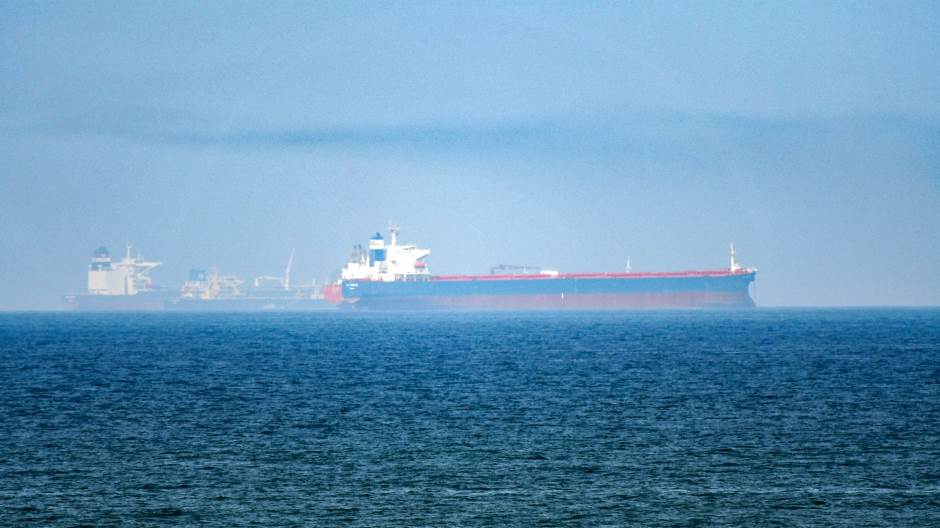UK vows 'serious consequences' if Iran doesn't release British-flagged tanker

Britain warned Friday there would be "serious consequences" if Iran did not release a UK-flagged oil tanker it seized in the Strait of Hormuz Friday, the latest confrontation in the increasingly tense standoff in the important shipping route.
Iranian media reported Saturday the ship, the Stena Impero, was captured by the country's Revolutionary Guard Corps (IRGC) following an accident with a fishing boat. Earlier the IRGC said the ship was being held for "violating international regulations."
A second ship, the Liberian-flagged MV Mesdar, was briefly held by Iran but then released, United States officials and the company that owns the ship said. Iran said the vessel was not seized, just "shortly stopped and briefed by Iranian authorities," Press TV reported citing unnamed Iranian military sources.
"These seizures are unacceptable. It is essential that freedom of navigation is maintained and that all ships can move safely and freely in the region," British Foreign Secretary Jeremy Hunt said Friday.
"We are absolutely clear that if this situation is not resolved quickly, there will be serious consequences," Hunt said. "We're not looking at military options, we're looking at a diplomatic way to resolve this situation. But we are very clear that it must be resolved."
Speaking to reporters Friday, US President Donald Trump said the US does not have many tankers in the region but that the country does have a robust military presence there.
Iran's actions in the Strait came just hours after authorities in Gibraltar agreed to extend the detention of an Iranian oil tanker in its custody for 30 days. That ship, the Grace 1, was seized by British authorities on July 4, accused of attempting to transport oil to Syria in violation of European Union sanctions.
Observers had expected Iran to respond to the Grace 1's seizure, and the UK raised the security level for British ships in the Persian Gulf just last week.
"They're (Iran) doing this either in response to the seizing of Grace 1 by Royal Marines and its holding in Gibraltar ... or they may be doing it to widen the tension in the Gulf now because they want to bring this conflict and this state of affairs, which is damaging to Iran, to a head," said British lawmaker Bob Seely, a member of the UK Foreign Affairs Committee.
An increase in tensions in the Strait of Hormuz could have dire economic and security consequences. Around 24% of global oil production passes through the narrow passage, and it's the only way to ship oil out of the Persian Gulf. The US Energy Information Administration calls the Strait of Hormuz one of the "world's most important strategic chokepoints by volume of oil transit."
Richard Meade, the managing editor of the influential shipping industry publication Lloyds List, said the Stena Impero's seizure is "probably the highest level security threat that we have seen in the region since the late 80s."
Kakvo je tvoje mišljenje o ovome?
Učestvuj u diskusiji ili pročitaj komentare





 Srbija
Srbija
 Hrvatska
Hrvatska
 Slovenija
Slovenija


























































